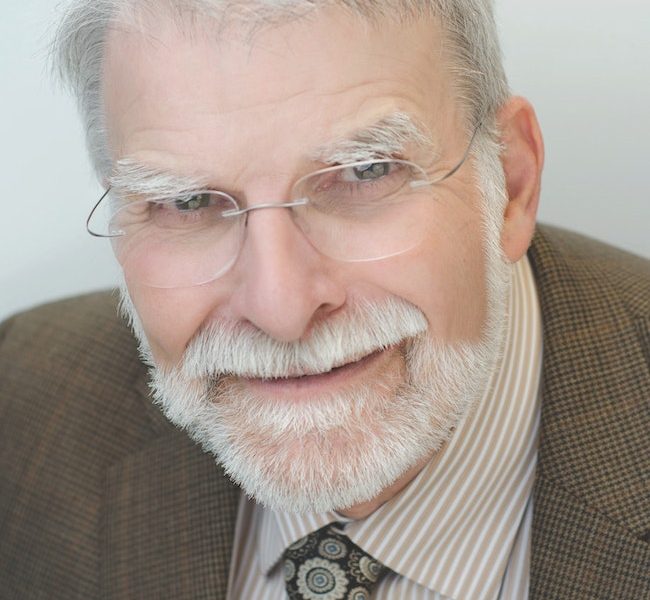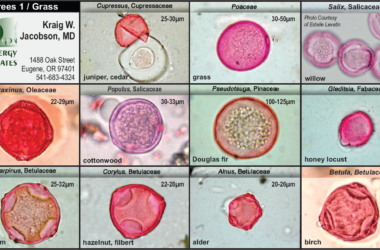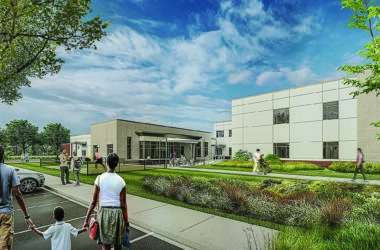 Davies
Davies
Warning: This column may be triggering for some readers.
Editor’s note: In partnership with the Center for Community Counseling, The Chronicle publishes columns addressing mental-health issues in our community. Reach out for help at 541-344-0620 and.ccceugene.org.
My mother was a survivor of childhood sexual abuse. Even though she was highly caring, her abuse limited her ability to physically express love to her children and friends. When my brother left home to serve a two-year assignment in the Peace Corp, she could only shake his hand. Additionally, she had a strong need to be in control of her environment. At nighttime doors needed to be locked and checked twice.
Her need to control was in direct opposition to her adolescent sons’ needs to exert their own independence.
Learning that my mother was a survivor helped me understand her and look at her controlling nature as something she needed to feel safe.
Her tenacity and my father’s support, patience, and unconditional love helped her to heal and go on to lead a happy and loving life.
This experience ignited my passion for reducing all forms of sexual violence including childhood sexual abuse and the sexual violence that occurs during dating or socializing.
People of all genders, ability status, cultural/racial identities, sexual orientations, and identities can experience sexual violence. There are many different forms of sexual violence ranging from sexual harassment to rape.
This week I will focus on childhood sexual abuse and acquaintance sexual violence. Childhood sexual violence usually occurs between an older, more powerful adult or older child, and a vulnerable, available child.
Often it is perpetrated by someone known to the family sometimes by a trusted friend or relative.
The betrayal of having a trusted friend or family member take advantage of a child can be particularly traumatic.
Children are often manipulated, coerced, or threatened by the perpetrator to not tell anyone. Often children experience shame about the abuse, may blame themselves, and are reluctant to tell another adult about what is happening to them.
The CDC reports that 1 in 4 girls and 1 in 13 boys will experience childhood sexual abuse. Boys and men most often experience sexual violence in childhood or in highly violent cultures such as prisons or the military.
While stranger rape occurs, it is far more likely that someone will be sexually assaulted by someone known to the survivor.
Acquaintance rape or sexual violence is one of the most frequent forms of sexual violence. Approximately 20% of women have experienced rape or attempted rape and 24.8 % of men have experienced some form of unwanted sexual behavior. This can occur at a party, bar, or other social event such as hanging out with someone. The person could be a new acquaintance or a longer-term friend.
Alcohol and/or drugs are frequently involved. The perpetrator could use alcohol or drugs to manipulate the decision making of the survivor.
Anyone can become a survivor of sexual violence. Anyone can be a perpetrator. Societal and cultural pressures and expectation and gender norms often contribute to a “rape culture.”
Members of the LGBTQ+ community and non-binary people are at greater risk to experience sexual violence.
Why are men so frequently perpetrators of sexual violence?
Men as a group hold power and privilege. Some men, feeling entitled, attempt to meet their desires without fully considering the wishes of the other person. The male socialization process rewards men for being aggressive, initiating sexual contacts and to have an active sexual life. Sexism influences men to objectify women and not be respectful. Men may also hear homophobic and transphobic messages. Despite this socialization, most men are not sexually violent.
However, over 90% of sexual violence is committed by males!
Most men do not want sexual violence to occur. Unfortunately, most non-violent men do not engage in sexual violence prevention.
However, given the high rates of male perpetration, non-violent men must become involved in sexual violence prevention.
The mission of the McKenzie River Men’s Center (MRMC) is to help men lead healthier lives and reduce violence, particularly violence toward women.
Since its inception in 2013, The MRMC, a program of the Center for Community Counseling, has been the only community men’s organization in Lane County who has consistently held community events for the prevention of domestic and sexual violence.
One of our ongoing objectives is to find ways to engage nonviolent men in sexual violence prevention activities.
Despite the trauma, survivors of unwanted sexual experiences can, with the help of therapy and support of loved ones, heal from sexual trauma and go on to lead happy, fulfilling lives.
Most sexual violence does not occur from strangers but from someone known to the survivor.
Sexual violence occurs between a more powerful person and someone more vulnerable. Their power could be due to differences in age, strength, gender, social class and/or the use of manipulation including drugs or alcohol, or force.
Our children should not be exposed to the trauma that childhood sexual abuse creates. No one should be forced or manipulated to have unwanted sex.
To create healthy and safe communities, community members need to trust each other. Sexual violence undermines the trust community members have with each other. There will always be some people who will take advantage of others. It becomes the community’s responsibility to keep their eyes open and use bystander intervention skills to protect our loved ones.
The trust of survivors can be positively impacted by seeing community members come forward in mass to prevent sexual violence.
Jon Davies, PhD, is the director for the McKenzie River Men’s Center.
Prevention is key
How can we prevent sexual violence from happening?
• Learn more about the nature of sexual violence and bystander intervention strategies.
• Be a good role model! We strongly need male allies to stand up and speak up about sexual violence.
• Participate in sexual violence prevention activities. Attend/support Take Back The Night.
• Donate to organizations dedicated to preventing this violence: Sexual Assault Support Services, Hope and Safety Alliance and the McKenzie River Men’s Center.







